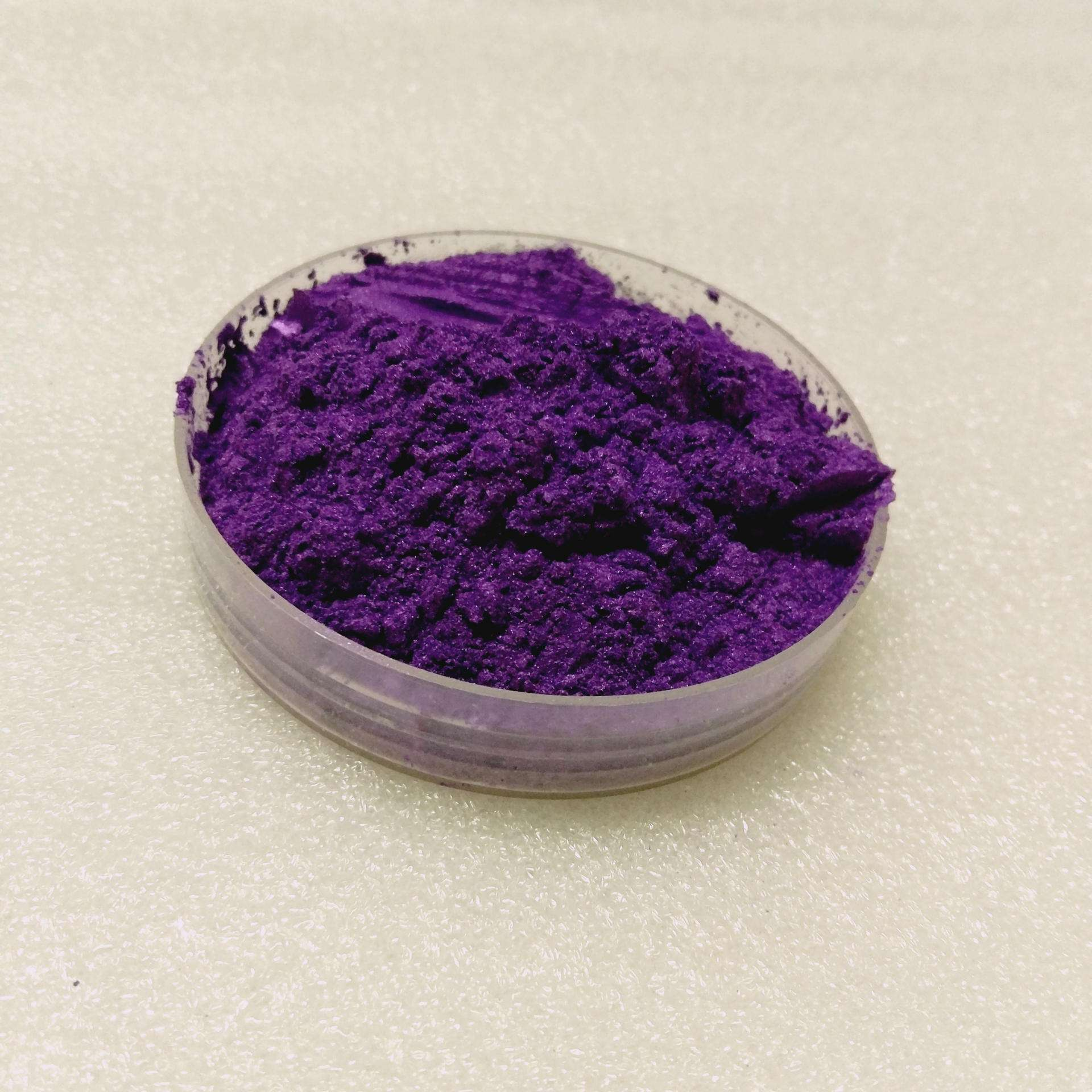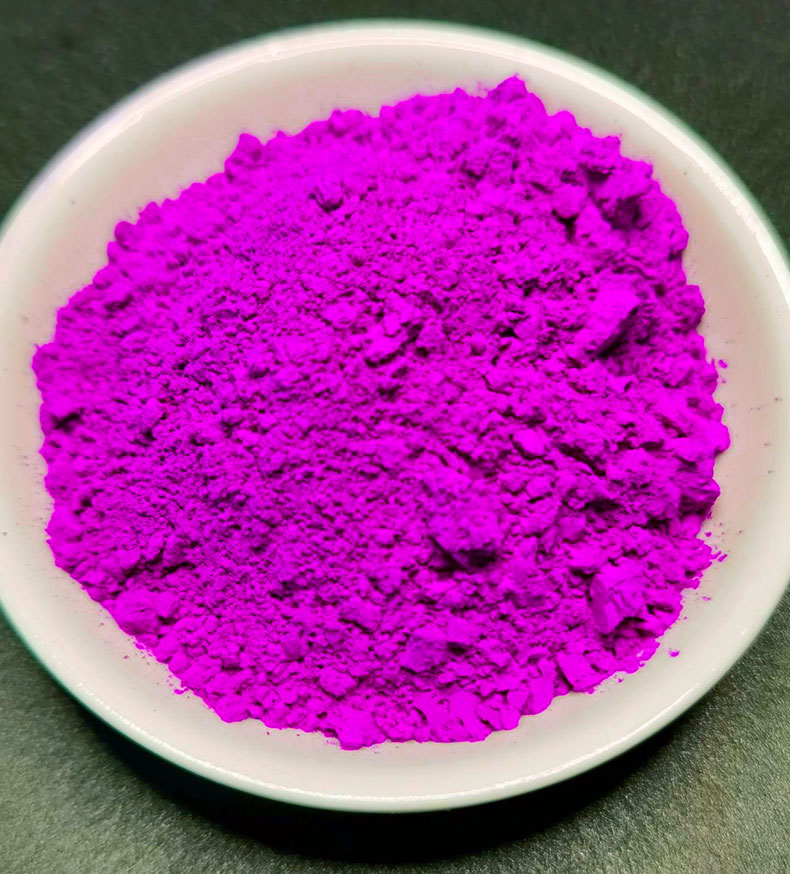The South Korean government is focusing on the layout of the specialty chemicals industry to cope with fierce competition from China and overcapacity.
Given that the competition is stiffening from China and there is oversupply in the markets, the South Korea petrochemical industry is clearly in trouble. Not to be dissuaded, the South Korean government is undertaking concrete steps to create major restructuring plans that will enable the petrochemical industry to extricate itself from the present crisis and revive.
A series of measures supporting the petrochemical industry is expected to be announced by the Ministry of Economy and Finance, the Ministry of Trade, Industry and Energy, and the Financial Services Commission, as reported by the Korea Economic Daily in December, focusing on the domestic manufacturers' problem-solving and the developing of their capacity to meet the challenges of a worsening global market environment.
Among other developments, the South Korean government is encouraging mergers and acquisitions of petrochemical companies. Insofar as these reforms are meant to put to bed the whole industry from the basic chemicals into high-value specialty chemicals, local companies may now be guided into investing in products promising good profits. However, for such value-adding specialty chemicals as copolyesters and acrylonitrile butadiene styrene (ABS), the gov. ofetelated incentives in a statement the notion that such products are for that purpose in their advanced profitable development, which renders much higher profit margins that are aimed at the basic chemicals.
In this light, in order to promote greater mergers and acquisitions among petrochemical companies, the South Korean government has been researching the formulation of a new law. This statute is a milestone as it allows for mere authorization from the top management for mergers and acquisitions or spin-offs, thus fending off cumbersome and tortuous shareholders meetings. In addition, tax relief policies, like a postponement from paying income tax and corporate tax in respect of transfer transactions, are aimed towards creating a favorable condition under which troubled firms and unprofitable assets will merge or be divested, therefore raising corporate competitiveness.
Factually, South Korean petrochemical companies have been struggling financially with their most significant losses in 2024. The four Korean petrochemical majors-LG Chem, Lotte Chemical, Kumho Petrochemical and Hanwha Solutions-announced an operating loss of 445 billion won (317.9 million USD) for the July-September 2024 period, as opposed to the operating income of 39 billion won recorded for the same period last year. Amongst these, Lotte Chemical-one of the largest ethylene producers-reported losses of 414 billion won, while local companies, such as Korea Petrochemical Industry Corporation and Yeochun Corporation (YEOCHUN NCC), were similarly affected.
In addition, the South Korean government is also negotiating to provide additional support for the research and development of specialty chemicals. After all, industry insiders believe that innovation is crucial to the future growth of the petrochemical industry, so they call for deregulation and tax incentives to simplify the R&D investment process.
The South Korean government originally planned to announce the restructuring measures on November 27, when Minister of Economy and Finance Choi Sang-mok was to host a special meeting with other ministers to discuss industrial competitiveness, but the announcement was postponed to allow relevant ministries to further coordinate. However, the South Korean government firmly believes that this series of measures will provide flexibility and financial incentives for petrochemical companies, promote companies to carry out profitable businesses related to carbon neutrality and stable supply chains, help the petrochemical industry to achieve transformation and upgrading, and gain a foothold in the fierce market competition.
Recently, SK Innovation and SK E&S announced their decision to merge and will develop into a comprehensive energy company that combines traditional energy (oil, LNG, etc.) and future energy (renewable energy, hydrogen, SMR, etc.) businesses, and covers the value chain of electrification businesses such as batteries and ESS. After the merger, the total assets of the new company will reach 100 trillion won and annual sales will reach 88 trillion won.













